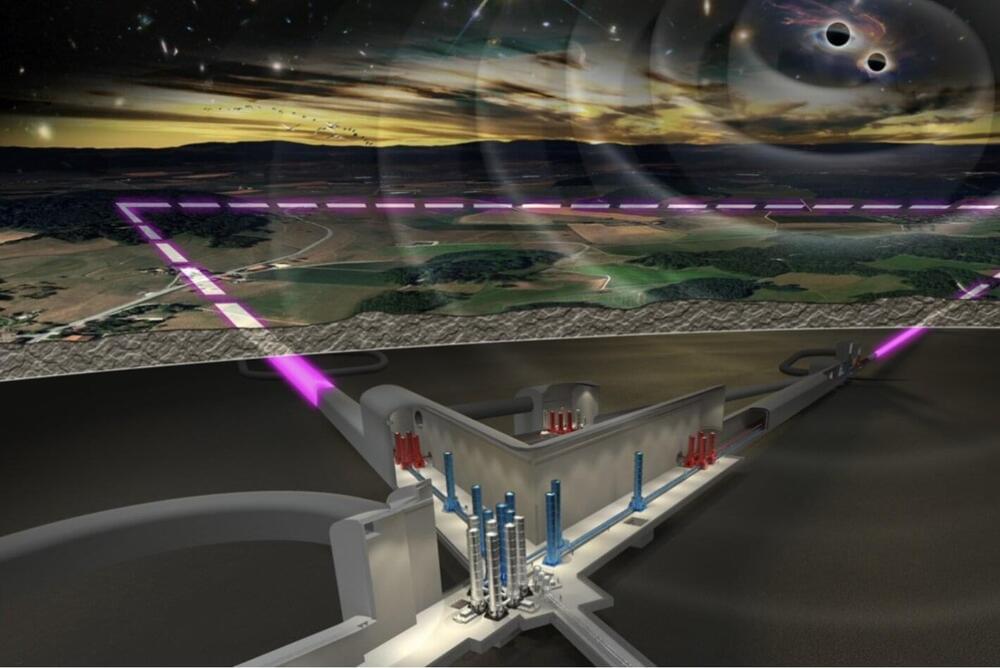Gravitational waves, like the discovery of the Higgs boson in 2012, have made their mark on a decade of extraordinary discoveries in physics. Unlike gravity, which is created when massive objects leave their mark in the fabric of spacetime, gravitational waves are very weak ripples in spacetime that are caused by gravity-accelerated masses.
So far, researchers have been able to detect the gravitational waves produced by the melting together of very heavy objects, such as black holes or neutron stars. When this happens, these echoes from the past reverberate through the whole universe and finally reach Earth, allowing us to piece together what happened millions of light-years ago.
Current gravitational-wave observatories can only detect a few gravitational waves as they cover just a narrow spectrum of the whole range of wavelengths that are emitted. Future gravitational-wave observatories, such as the Einstein Telescope, a CERN-recognized experiment, need to be larger in order to search for a larger bandwidth of gravitational waves that could tell us more about the universe.
